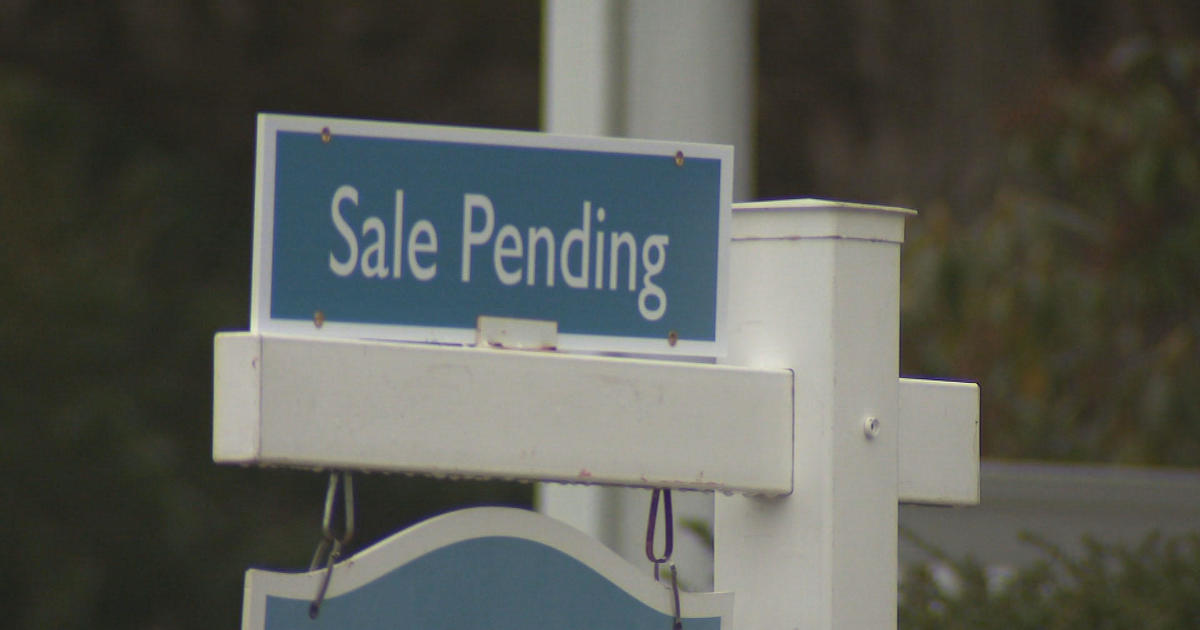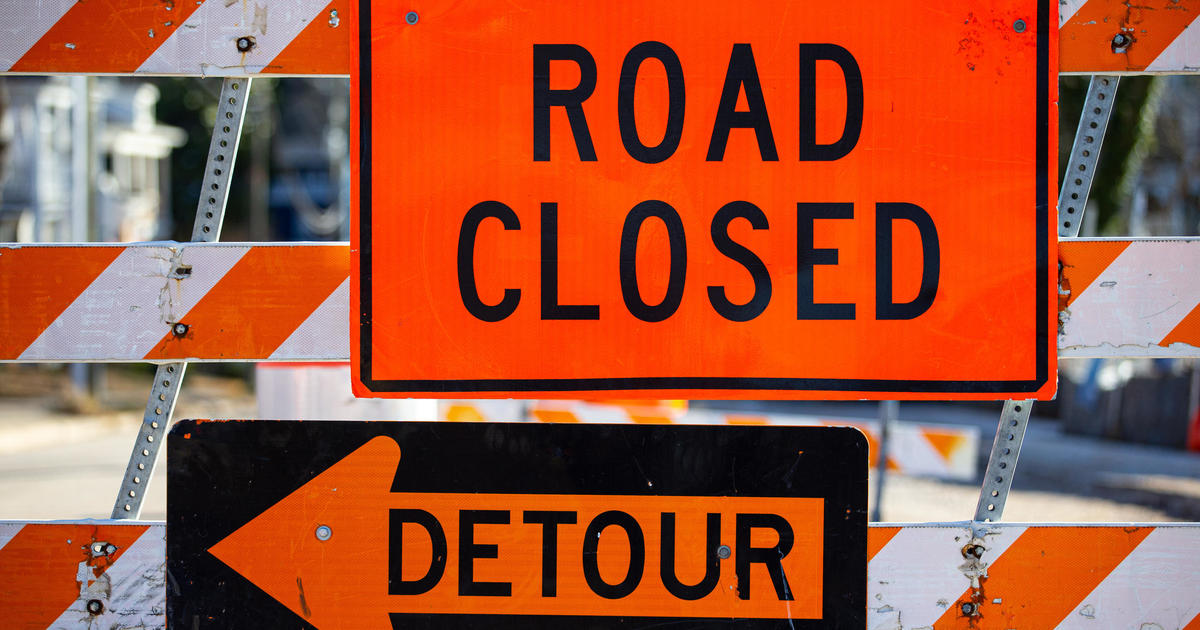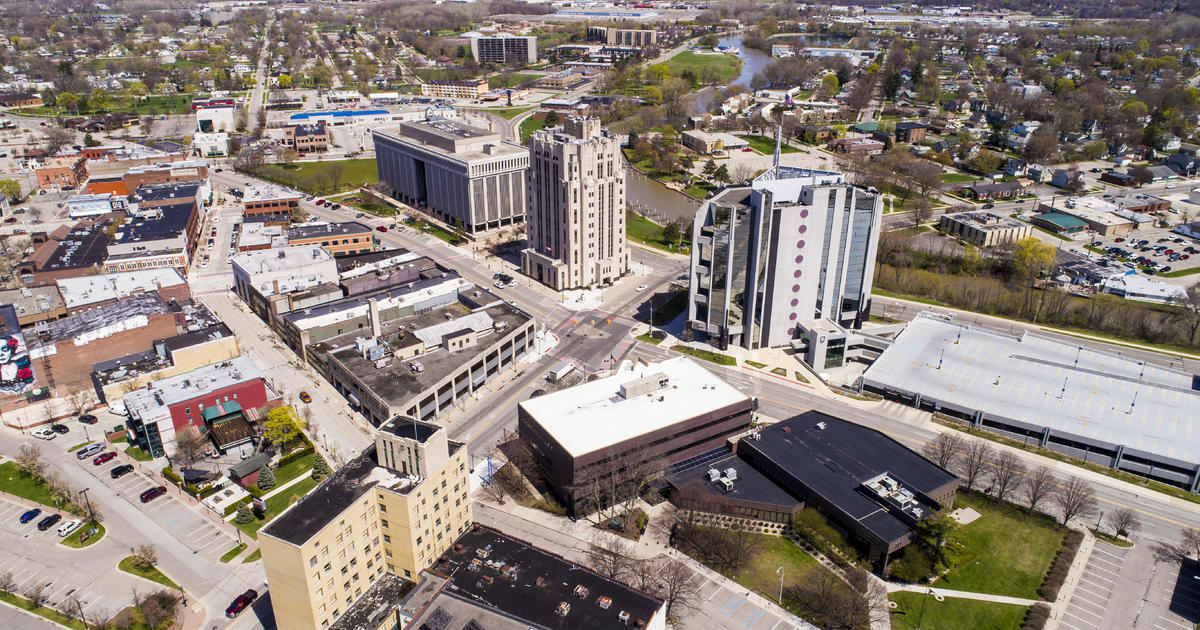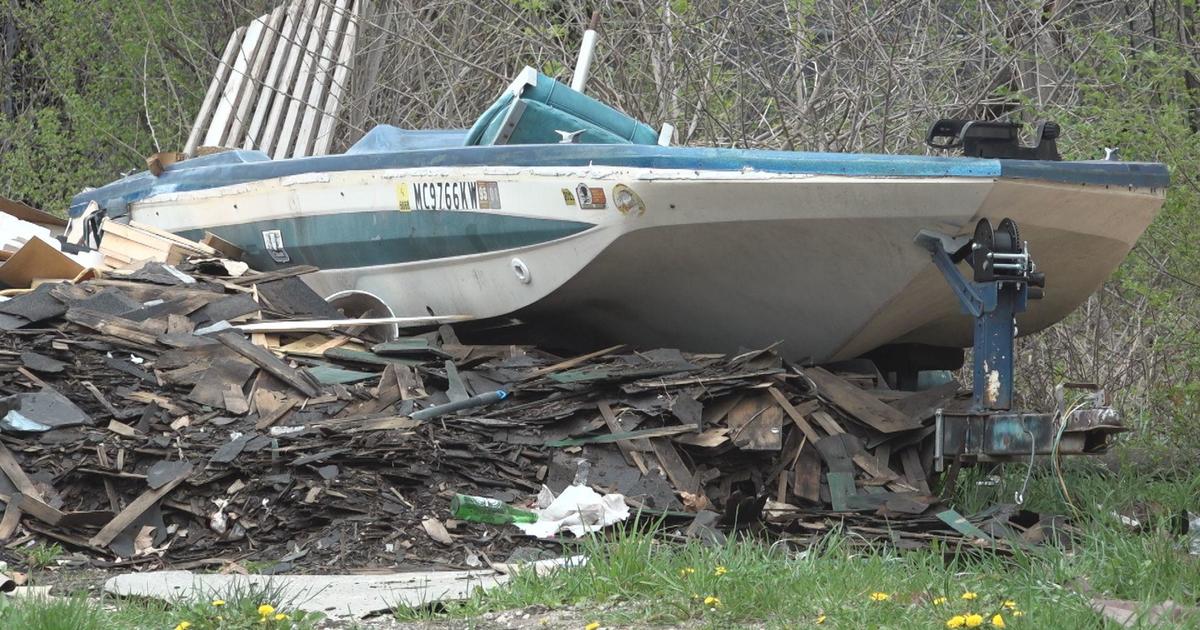Detroit Setting Services By Neighborhood Condition
DETROIT (AP) - Detroit officials are progressing with plans to give the neighborhoods they consider healthy a different level of service than that provided in more blighted areas, with building inspectors among the first to take action and more changes to come, the city said Thursday.
Inspectors are spending more time in neighborhoods the city considers strong, while grass on parts of vacant lots is going uncut in areas with large tracts of unused land. Federal funds for housing developments are being steered away from desolate areas.
"Our departments are now able to make better informed decisions about how they utilize their resources and time because we now have a clearer understanding of the physical and market conditions that exist in our neighborhoods," Mayor Dave Bing said in a statement Thursday.
Officials this month moved through the East English Village neighborhood, doling out warnings and violations to homeowners for peeling house paint, missing downspouts, debris-laden driveways and minor fire damage, The Detroit News reported. In past years, such violations might have been overlooked.
"Why are you starting in my neighborhood?" asked Tawana A. Wilson, 32, who was painting and making repairs for fire damage as ordered by an inspector. "My neighbor recently bought their house foreclosed for $9,000. My mortgage is $90,000. But you are going to ticket me for chipped paint?"
Her homeowners' association president, William Barlage, said the strategy makes sense.
"It's important to maintain the stability of the good so that will maybe transfer into the next neighborhood or block," said Barlage, president of the East English Village Association.
The initial code enforcement blitz in East English Village inspected about 2,100 buildings, the city said. A blitz began this week in the Hubbard Farms/Southwest area and inspectors will survey 9,000 structures for violations over the next several weeks.
Bing released details from his Detroit Works Project in July, calling the changes a "short-term intervention." He's said it's necessary because the city, with limited financial resources and a dwindling population, has been spread dangerously thin.
The mayor has stressed that police, fire and emergency medical service will be at the same levels in all neighborhoods.
The plan backed away from forcing the redistribution of what's left of the population into areas where people still live. Detroit's population of about 713,000 is down about 200,000 from 10 years ago, according to U.S. Census figures, and has fallen more than 1 million since 1950.
In another example, city officials want to steer $9.5 million in federal funds to rehabilitate and build homes to developers pitching projects in stable neighborhoods, the city said in a statement. Marja Winters, deputy director of the Planning and Development Department and co-chair of the project, said it would be irresponsible for the city to allow developers to build in distressed neighborhoods.
"It's a tough conversation but what people are recognizing is that the resources are so scarce," Winters said. "Residents now have a basis for our decision making."
City officials have met with neighborhood groups in recent weeks about their strategy.
Copyright 2011 by The Associated Press. All Rights Reserved.



